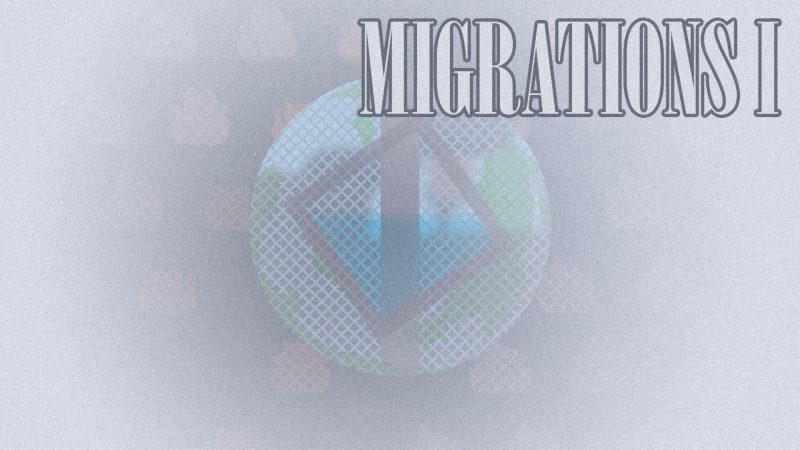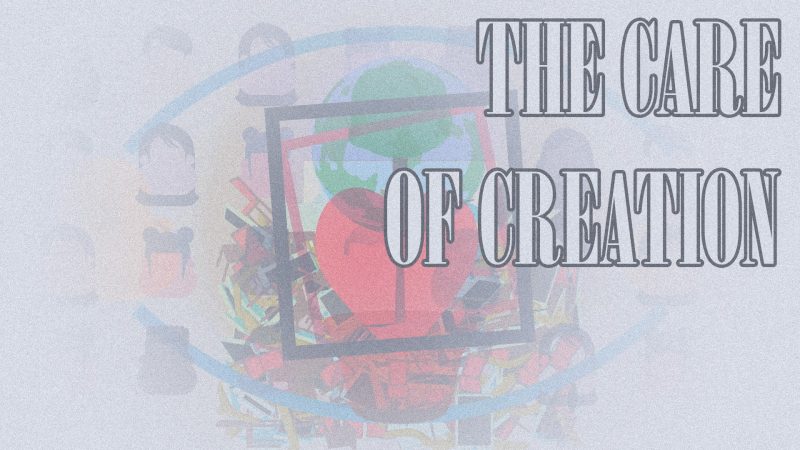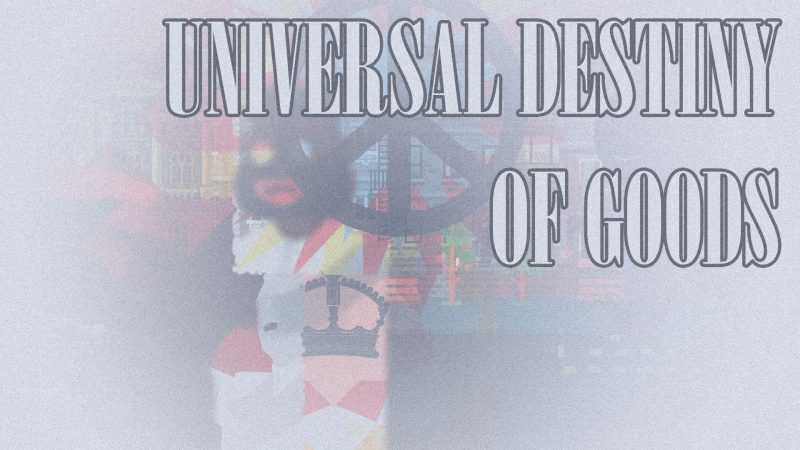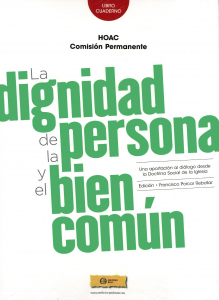Inside our society, the way to face both the migratory phenomenon and the immigration policies is greatly influenced by the image built around immigration.
Instead of the conception of an universal citizenship, it prevails the thought of a national citizenship, which usually establishes differences on the recognition and exercise of rights and duties of people. The gap between national and foreigners is constantly emerging, especially over electoral times or when financial difficulties come. All this is no other than a symptom of the ideological and electoral use of immigration.
The image of immigration that prevails is greatly influenced by cliches and fears, mainly promoted by a propaganda which manipulates reality. For instance, such propaganda relates immigration with delinquency or with a loss of cultural identity. It is also a problem when people think of immigrants just as a mere workforce, which can be summarized as the phrase: They can come those we need.
The social doctrine presents the big importance of the educational work of society, allowing it to develop a better-adjusted perception of immigration. The Catholic church has to speak always from the point of view of human dignity as much as from the exigences derived from the respect of people’s essential rights.
According to the social doctrine, our perspective has to be changed. We need to take on consideration the value of hospitality in order to build a better and fairer coexistence.
It is true that hospitality does not solve all problems automatically, but it can change the perspective to face them from a humanized point of view. There exists an ideal to where we should walk: that of the unconditional hospitality.
However, that hospitality has to be concrete in each reality for every land and time through immigration laws and policies. We call this the conditional hospitality and it should consider two things: the effective respect to the right of migration and the real possibilities inside the reception society, ever considered further than fears and prejudices. The perspective should always be the fact that immigrants are people instead of a workforce or not desired guests.
The social doctrine proposes three ideas.
First of all, migrants are people instead of a workforce. Their rights and duties are the same as those of all people. There cannot exist discrimination between nationals and foreigners. Migrant people have rights and duties because they are people and not because someone grants them to them.
In the second place, all immigrants have rights and duties above any discrimination because of economics nor origins.
Third, the most essential right of migrant people is the very right to migrate.
At last, we must remember that migrant people have not only rights but also duties, which are the expression of their responsibility for the others and for the social life.
All of us together can make a reality the human vocation to create a unique family who shares, takes care of and respects the common house.
DSI sentence
It is everyone’s duty, but especially that of Christians, to work with energy for the establishment of universal brotherhood, the indispensable basis for authentic justice and the condition for enduring peace: “We cannot in truthfulness call upon that God who is the Father of all if we refuse to act in a brotherly way toward certain men”.
Paul VI, Octogesima adveniens n.17
Act
What are you going to do, personally or in a group to:
a) grow personally in an understanding of migrants like the one presented in this video?
b) collaborate to change as necessary the mentality that exists in our environments about migrants?
Download the PDF attached
Previous video:
You Might also like
-
Migrations 1
We cannot talk about the international community without taking a look at the migratory phenomenon. Usually, we talk about it using a deformed speech, as if it was a problem in itself. It is proper to talk about migrations as a great human phenomenon which turns into problems when it is bad-managed.
-
The care of creation
Social doctrine addresses us to the responsibility for the care of nature based on the universal destiny of goods and also based on the mutual responsibility we have for the others. The care of the common house is the responsibility human beings have in the creation the same way as the care for their inhabitants.
-
Universal destination of goods
If we want the common good to be a practical and effective reality we cannot ignore everything surrounding the use of goods and the right of property. Christian tradition has insisted on the fact that we are not absolute and exclusive owners of goods but just administrators of the goods that God had placed on our hands.





One comment on “Migrations 2”